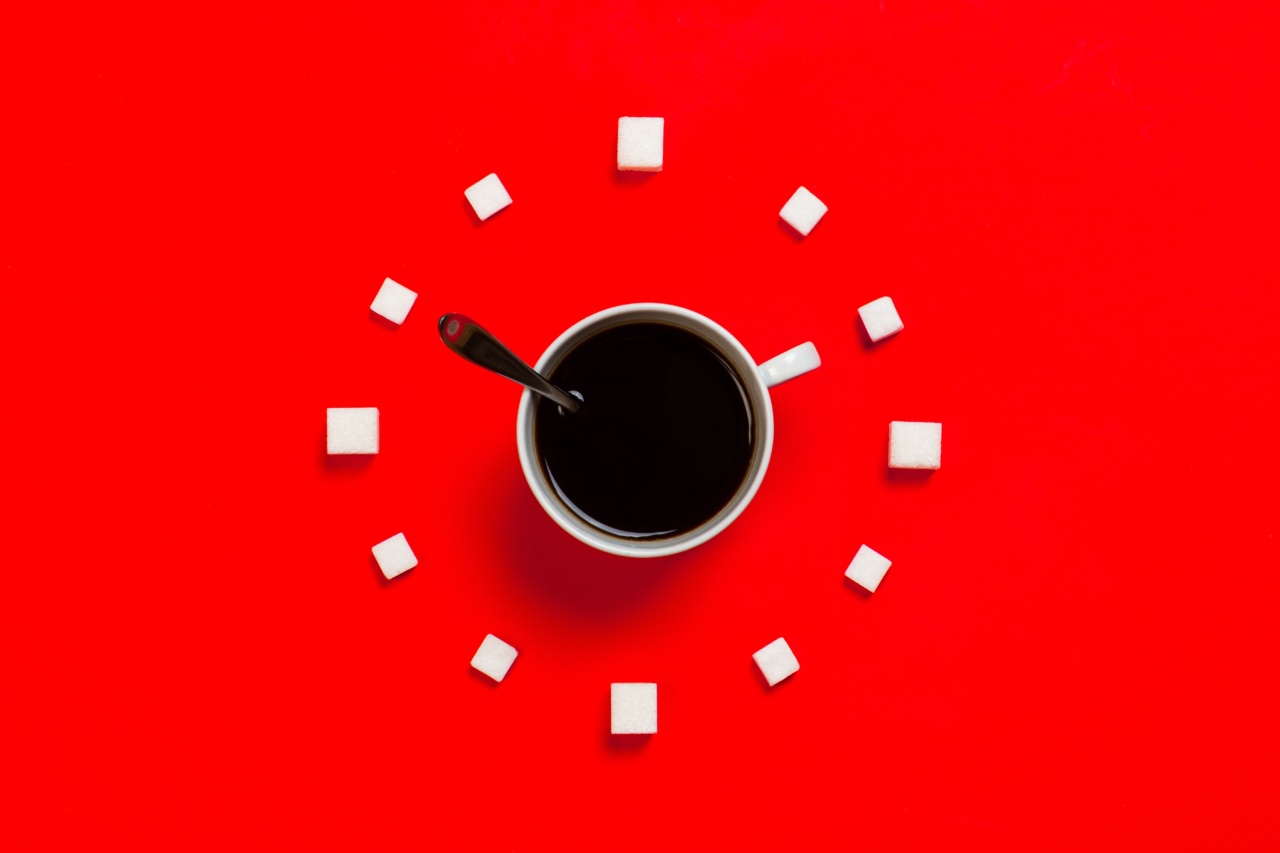Are you looking for a healthier alternative to sugar? Look no further than stevia, a natural sweetener derived from the leaves of the stevia plant. Stevia has gained popularity in recent years as a sugar substitute due to its many health benefits.
In this article, we will explore 10 reasons why you should consider switching to stevia from sugar.
1. Zero Calories
Unlike sugar, which is high in calories, stevia contains zero calories. This makes it an excellent choice for those who are watching their weight or trying to cut back on calorie intake.
You can still enjoy the sweetness without the guilt of consuming extra calories.
2. Diabetic-Friendly
Stevia is a safe and diabetic-friendly sweetener. It has minimal impact on blood sugar levels, which makes it a suitable choice for individuals with diabetes or those who are monitoring their blood sugar.
Stevia can be used as a sugar substitute in various recipes and beverages without causing a spike in blood glucose levels.
3. Natural and Plant-Based
Unlike artificial sweeteners that are chemically synthesized, stevia is a natural sweetener derived from the leaves of the stevia plant.
It undergoes a simple extraction process to obtain the sweet compounds, making it a healthier alternative to artificial sweeteners.
4. No Tooth Decay
Sugar is notorious for causing tooth decay and cavities. Stevia, on the other hand, does not contribute to tooth decay. In fact, research suggests that stevia may even help inhibit the growth of bacteria that lead to dental plaque and cavities.
By switching to stevia, you can enjoy a sweet taste without sacrificing your dental health.
5. Safe for Individuals with Phenylketonuria (PKU)
Individuals with the genetic disorder phenylketonuria (PKU) cannot metabolize the amino acid phenylalanine, which is present in many artificial sweeteners.
Stevia, however, does not contain phenylalanine, making it safe for individuals with PKU to consume.
6. Versatile Usage
Stevia can be used as a sugar substitute in a wide range of applications. Whether you’re baking a cake, sweetening your morning coffee, or adding a touch of sweetness to your yogurt, stevia can do it all.
It is available in various forms such as liquid, powder, and granules, making it convenient to incorporate into your favorite recipes.
7. Anti-Inflammatory Properties
Studies have shown that stevia possesses anti-inflammatory properties. Chronic inflammation is linked to various health issues such as heart disease, diabetes, and certain types of cancer.
By choosing stevia over sugar, you can potentially reduce inflammation in your body and promote better overall health.
8. No Impact on Gut Health
Sugar consumption can negatively impact gut health by promoting the growth of harmful bacteria and yeast. Stevia, on the other hand, does not feed these harmful microorganisms and has no impact on gut health.
Making the switch to stevia can help support a healthy digestive system.
9. Stable at High Temperatures
Unlike some artificial sweeteners, stevia remains stable at high temperatures. This means you can use stevia for baking or cooking without worrying about it losing its sweetness or breaking down into harmful substances.
It is a versatile sweetener that can withstand various cooking and baking methods.
10. Can Aid in Weight Management
Due to its zero-calorie nature and the ability to satisfy sugar cravings, stevia can be beneficial for weight management.
By using stevia as a sugar substitute, you can reduce your overall calorie intake and still enjoy sweet treats without the negative impact on your waistline.































